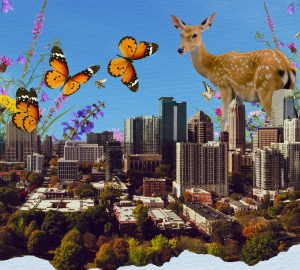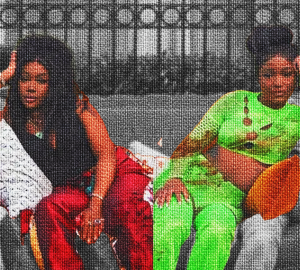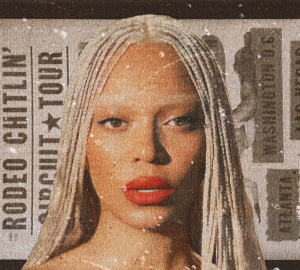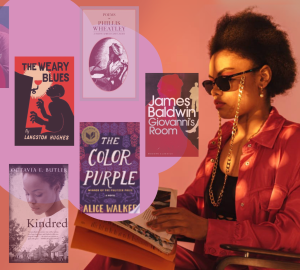“Better Than You” is a bimonthly column about ways for individuals to better themselves. From trying new foods to volunteer work, there are daily activities and tasks a person can do to make their own lives or the lives of others a little bit better.

I was never a fan of history class. I zoned out during talks of royal beheadings and day dreamed while teachers droned on about the long pilgrimages that shaped our nation. I felt no connection to the past. I knew it was important. I knew that if I did not learn, and neither did my peers, we ran the risk of repeating the mistakes of our ancestors. But what all my instructors and textbooks were saying contained no heart. There wasn’t enough human in the history they were spewing.
As a child, I was always told about the fact that my grandfather served in World War II. He was awarded a Purple Heart after receiving an almost fatal wound. Back then, I saw this information as merely interesting and it gave me huge bragging rights about how awesome my grandpa was since he defeated death and the Axis. But as I got older, and the realities of the world around me began to sink in a little deeper, this information meant so much more.
I watched as friend after friend enlisted in the armed forces. They followed the same suit that my grandpa did during WWII. They enlisted, went through boot camp, got married, then shipped out. Many to never return again. Or if they did, they didn’t return in the same condition they left in. War had always been a far off tale, almost romantic in the way it was described: stories of heroes and fallen comrades, young wives sending letters to their beloved. But after Sept. 11, 2001, this image changed, and so did my views of what my grandpa had survived.
It makes me wonder how I’m going to make my future children feel a connection to my own historical happenings. Kids who are in high school now are too young to know how incredibly horrific and heartbreaking Sept. 11 was, how in a matter of moments our entire world changed, never to be the same again. The only way to convey this is to keep these stories alive, and tell them with a little more emotion and gusto than the history books do.
Listening to my grandfather talk about the war is a rarity. But when he mentions it, everyone listens. In the future, I hope to sit my children down and tell them about how on one sunny, beautiful day something terrible happened. Tell them how my family was affected, how the United States as a whole stopped, stood still and collectively banned together to help each other endure such a tragedy.
To understand where they come from and the world around them, they will have to know more than just the facts. They can not just memorize dates, times and death tolls, the who fought who, and the conquering party. They need to know what it felt like, what it meant to stand next to a stranger and watch as innocent people lost their lives. How in the aftermath, anyone over the age of 18, or approaching that age, made a vow to risk everything to fight those who threatened everything we held so dear.
I never learned anything from a history book or a class. I learned from memoirs, personal story tellings and other forms of literature that put humanity back into the past. You never learn a true lesson until you have lived it personally. But there are better ways to show younger generations the weight of certain events when teaching them about the past and how the past will affect their future. History has a strange way of repeating itself, no matter how hard we fight it. Luckily, in the age of the internet, the generations to come can watch news clips, cell phone videos and read blogs about first-hand experiences and truly realize what history holds.




























